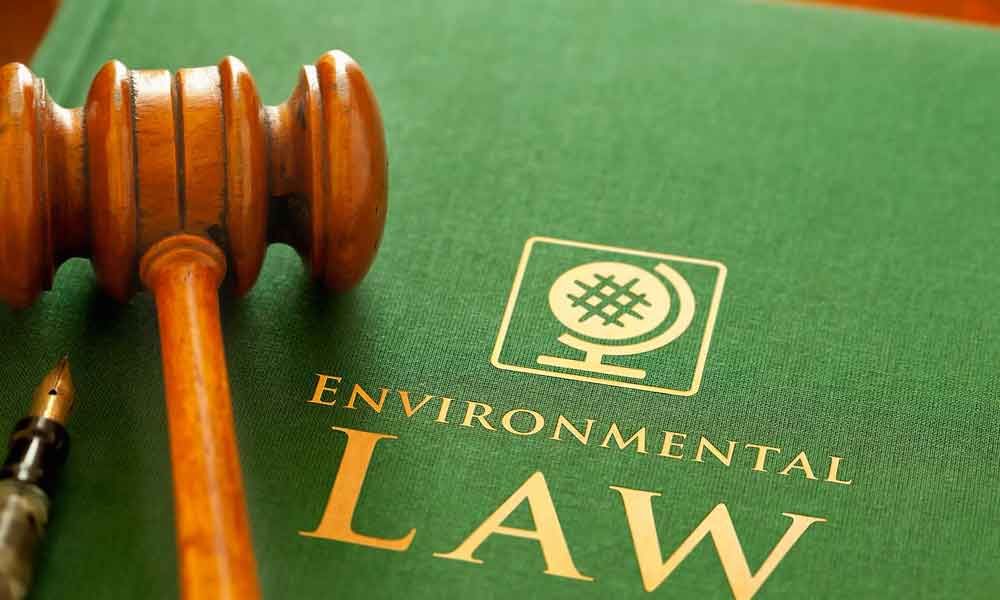Environmental regulations are laws that are put in place to protect the environment from harm caused by human activities. These regulations have a significant impact on property ownership, as they can limit what property owners can do with their land. In this article, we will explore how environmental regulations affect property ownership.
What Are Environmental Regulations?

Environmental regulations are laws that are put in place to protect the environment from harm caused by human activities. These laws cover a wide range of environmental issues, including air and water pollution, hazardous waste, and wildlife protection. Environmental regulations are enforced by government agencies such as the Environmental Protection Agency (EPA) in the United States.
How Do Environmental Regulations Affect Property Ownership?
Environmental regulations can have a significant impact on property ownership. Property owners must comply with environmental regulations when developing their land or using it for certain purposes. For example, if a property owner wants to build a new structure on their land, they may need to obtain permits from government agencies to ensure that the construction does not harm the environment.
Environmental regulations can also limit what property owners can do with their land. For example, if a property owner’s land is located near a wetland or other protected area, they may be prohibited from developing that land or using it for certain purposes. Additionally, property owners may be required to take certain steps to protect the environment, such as installing erosion control measures or planting vegetation to prevent soil erosion.
Benefits of Environmental Regulations

While environmental regulations can limit what property owners can do with their land, they are put in place to protect the environment and public health. Environmental regulations have many benefits, including:
- Reducing air and water pollution
- Protecting wildlife and natural habitats
- Preventing the spread of invasive species
- Reducing the risk of hazardous waste spills
- Protecting public health
By protecting the environment and public health, environmental regulations help to ensure a sustainable future for all.
Environmental regulations have a significant impact on property ownership. Property owners must comply with environmental regulations when developing their land or using it for certain purposes. While environmental regulations can limit what property owners can do with their land, they are put in place to protect the environment and public health. By working together to comply with environmental regulations, we can ensure a sustainable future for all.












Comments